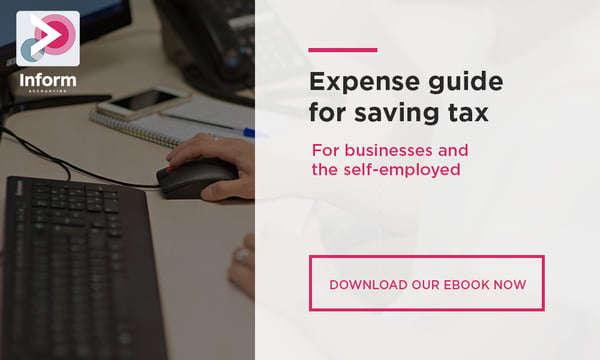BLOG PERSONAL TAX
Enjoy £7,500 of tax-free income under the rent-a-room scheme
If you have a spare room in your home, you may consider letting it out to raise some much-needed cash to help meet rising living costs. If you do decide to do this, the rent-a-room scheme means that you may be able to enjoy the associated rental income tax-free. The scheme applies where you let out furnished accommodation in your own home.
Automatic exemption
If you earn less than £7,500 from renting out one or more furnished rooms in your own home, the exemption applies automatically. You do not need to tell HMRC about the income or include it on your tax return.
If the income is received by more than one person, each person can enjoy £3,750 tax-free under the scheme, regardless of how many people receive the income. For example, if a property is owned by three people and they let out two furnished rooms, each can receive £3,750 tax-free – a total of £11,250.
Income exceeds £7,500
If the rental income exceeds the tax-free limit of either £7,500 or £3,750 as appropriate, under the scheme, a person can choose to work out the taxable amount by deducting the tax-free amount rather than the actual expenses. For example, if a person lets out furnished rooms in their own home and receives rental income of £10,000, they could opt to use the scheme and deduct the tax-free amount of £7,500 to arrive at a taxable profit of £2,500.
This will be beneficial where the tax-free limit is more than the associated expenses. If expenses exceed the rent-a-room limit, or the taxpayer would realise a loss, it is more beneficial to calculate the profit in the usual way (rental income minus deductible expenses).
The taxpayer will need to complete a tax return and opt to use the rent-a-room scheme.
Do the sums
Using the rent-a-room scheme will not always give the best outcome, even if rental profits are below £7,500. If using the normal calculation method would result in a loss, it is better to take the loss so that it is available in the future to set against any future taxable profits.
You can choose each year whether to use the scheme or not. If you change the basis, you must tell HMRC by the tax return filing date of 31 January after the end of the tax year. This can be done in your tax return.
We're here to help...
At Inform we work with a number of key partners to ensure our advice on personal wealth planning and tax is backed up by years of expertise. Please talk to us about any tax related questions you may have and if you’re in need of a financial adviser.
Read more of Inform's tax blogs:




.jpg?width=1500&height=1000&name=amy-hirschi-K0c8ko3e6AA-unsplash-(5).jpg)

